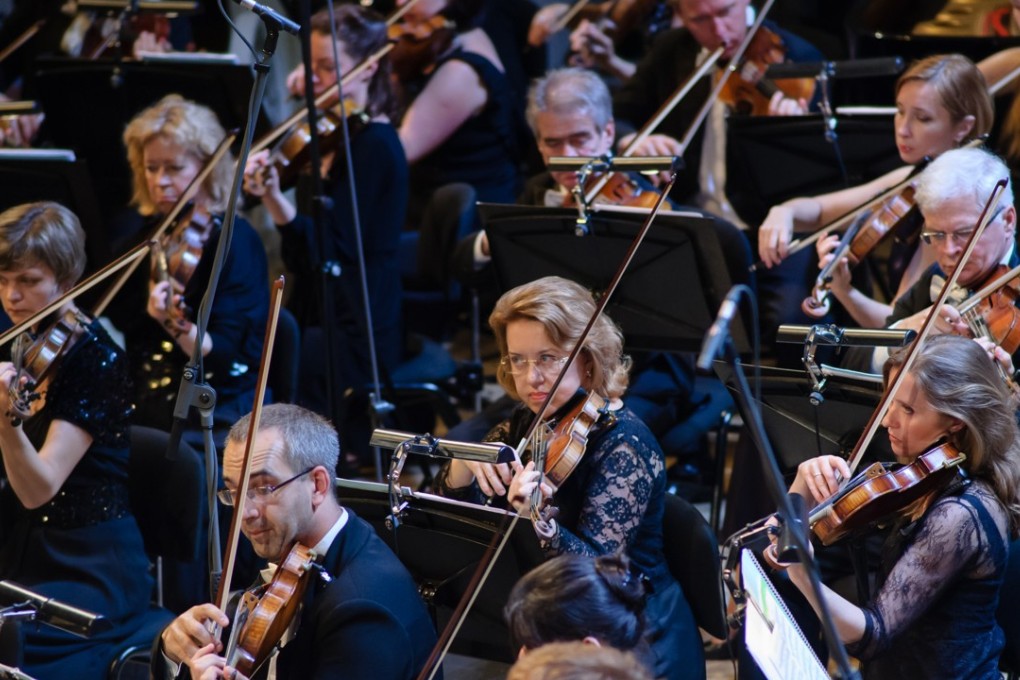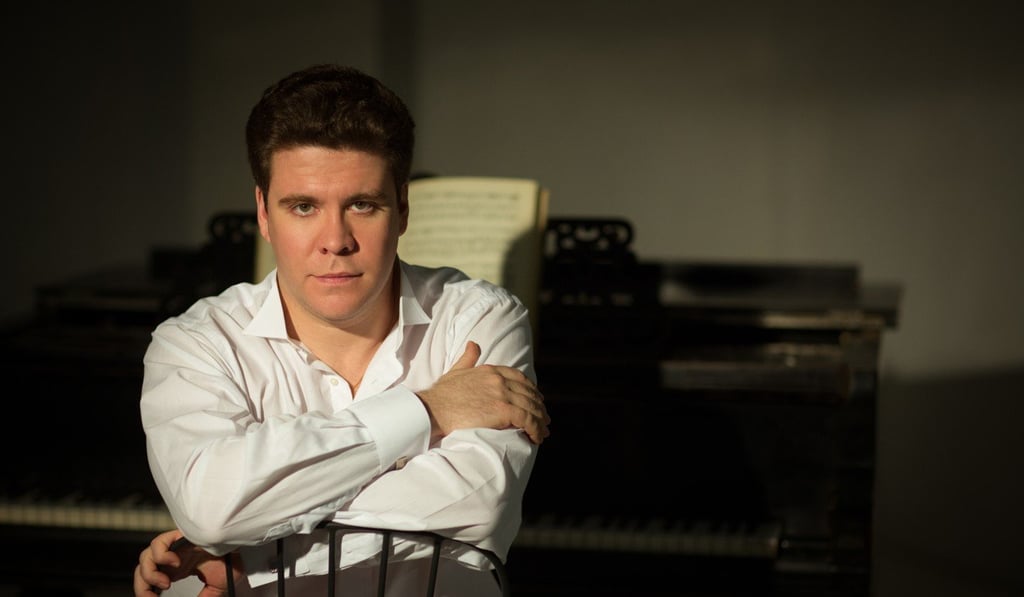Review | Review: Denis Matsuev/State Academic Symphony Orchestra of Russia/Kristjan Järvi at the Hong Kong Arts Festival
By turns controlled, dreamy and dazzling, orchestra and soloist pulled out the stops in an all-Russian programme at the Hong Kong Arts Festival

Russian folk tradition and youthful Romantic ideals were presented in majestic fashion in this Hong Kong Arts Festival concert of works by Rachmaninov and Stravinsky.
In 1891, at the ripe old age of 18, composer and pianist Sergei Rachmaninov wrote his first Piano Concerto No 1 in F sharp minor. He revised the work in 1917, and said the less cumbersome version “is really very good now. All the youthful freshness is there, and yet it plays itself more easily”.
It does indeed, and this more slender version was performed with great virtuosity on Thursday evening by acclaimed Russian pianist Denis Matsuev and the State Academic Symphony Orchestra of Russia under Estonian conductor Kristjan Järvi.
From the opening, fanfare-like Vivace, Matsuev was in complete control, and used his instrument’s full range in the extensive cadenza (a recollection of the movement’s themes), which made the nocturne-like Andante cantabile second movement all the more effective as he demonstrated wonderfully reflective playing. Youthful vivacity prevailed in the final sonata-rondo movement Allegro vivace, with soloist and orchestra as one under Järvi.
Rachmaninov’s enduringly popular Piano Concerto No 2 in C minor needs little introduction. Issues with the Cultural Centre’s acoustic left the cellos sounding too thin and distant, but the Moderato first movement, with Matsuev’s opening bell-like chords aptly setting the scene, was given a robust performance by both orchestra and soloist.

The Adagio sostenuto second movement opening was suitably dreamy, with the superb clarinet solo gently unfolding the much-loved melody. Beautifully intertwining the piano’s own version, Matsuev then gracefully transitioned to the agitated first theme of the final Allegro scherzando.